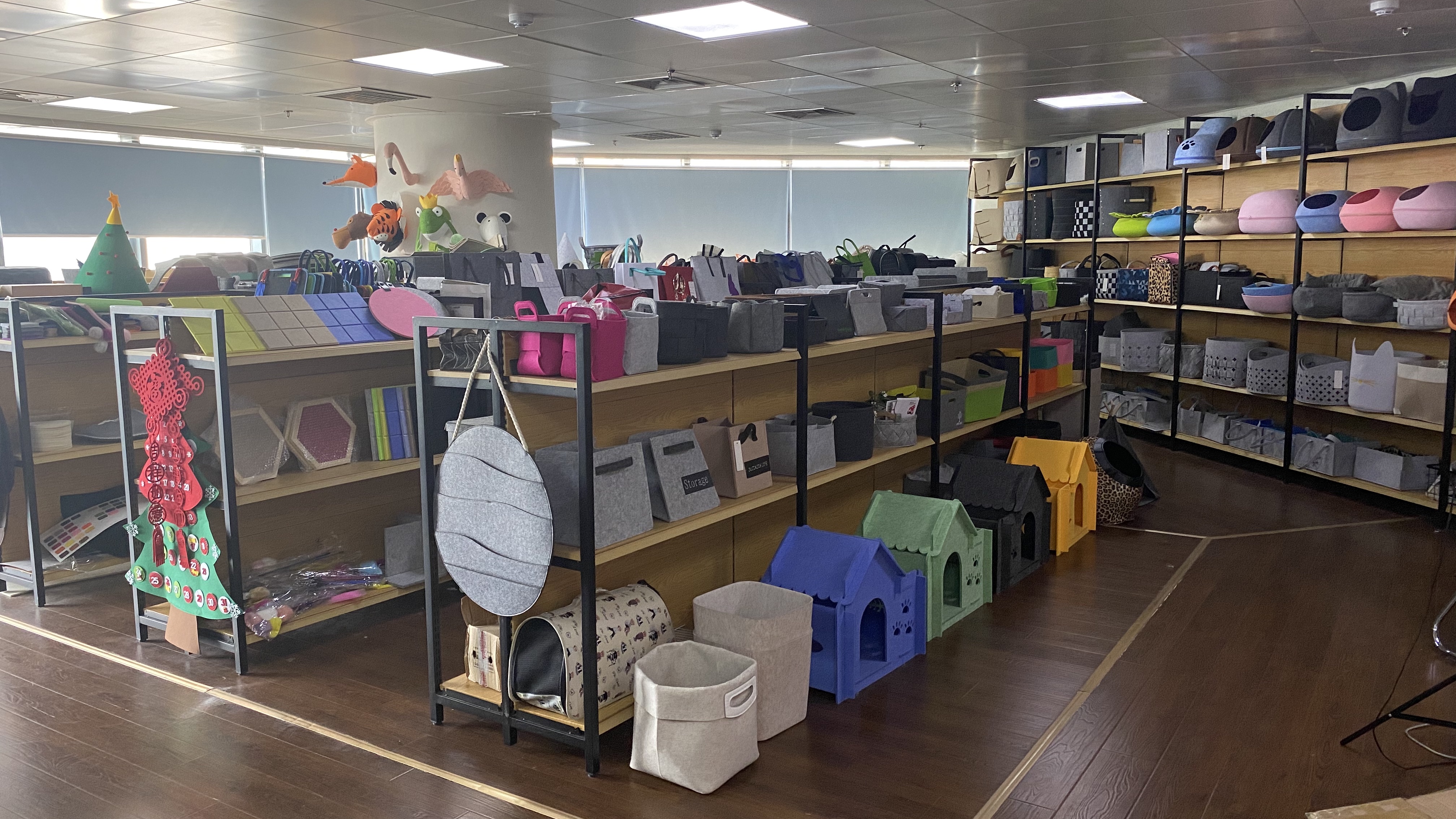Ibex’s Wool Aire puffy jacket shakes up the lightweight micro-puffy market with its merino insulation, instead of down or synthetic fill. We tested the latest version over dozens of fall and winter days outside — here's exactly how the "merino fill" works, and where the Wool Aire shines.
Whether you know them as “puffies” or “puffers,” nearly all lightweight, insulation-filled jackets share a few key characteristics. These layers are defined by thin nylon/synthetic shells and insulation-filled baffles. Puffy jackets are a cold-weather staple, and advances in design have been incremental for decades. Comfy Degree Diaper Bag

Ibex’s Wool Aire Puffy Jacket ($285) is different. Instead of down or synthetic fibers, its face fabric is filled with tufts of merino wool. Ibex has been making the Wool Aire for over 10 years, but it remains novel among its homogenous peers. I tested the latest version over dozens of winter days and chilly adventures for a full season, and it held its own against all synthetic and down puffies in its price range.
In short: At 11.375 ounces (men’s medium), the Wool Aire holds its own against high-end, ultra-technical down-filled jackets. The gold standard for ultralight puffies is the Mountain Hardwear Ghost Whisperer, which weighs 8.5 ounces in a men’s medium. For neurotic thru-hikers, this difference may be significant, but most people won’t notice. For the majority of us, value is a greater concern than shaving 3 ounces. At $285, the Wool Aire is $40 cheaper than the Ghost Whisperer. Ultimately, the Wool Aire is slightly heavier and slightly cheaper than its direct competition, but its soft face fabric and breathability provide unrivaled versatility.
Puffy jackets exist to optimize the warmth-to-weight ratio. As alpinists George Finch and Eddie Bauer proved with their prototypes in the 1920s and ’30s, insulation doesn’t need to be heavy to be effective. For example, inside of a down-filled puffy, it isn’t the individual feathers that are keeping you warm, but the pockets of air trapped in between. Thanks to evolution, certain natural materials can trap a lot of air without excess weight or bulk. Down is the most famous material in this category. As it turns out, merino wool deserves a look too.
Unlike the sticky and plasticky texture of many popular puffy jackets, the Wool Aire has a soft-brushed interior that feels comfortable against the skin. When worn over a tank top or T-shirt, the Wool Aire never felt itchy or irritating — it even managed to wick sweat, an unusual trait in a puffy.
Merino wool isn’t as compressible or lofty as down. Compared to a jacket like the Ghost Whisperer, the Wool Aire looks and feels slightly denser and thinner. It doesn’t create the classic “Michelin Man” puffy jacket look. When it comes time to stuff the Wool Aire into a backpack or suitcase, it’s a bit resistant and stubborn. Despite these minor compressibility limitations, the Wool Aire still manages to stuff into its own pocket.
I wore the Wool Aire in a wide range of fall and winter conditions. When paired with a cotton T-shirt, the jacket kept me comfortable down to about 50 degrees. On especially frigid outings, the Wool Aire’s thin profile made it an excellent midlayer. It isn’t bulky, so I could still wear my slim outer layers and rain jacket without issue.
Though the Wool Aire is impressively warm for its weight, it falls short of premium 800+ down-fill power-down puffies. The reduced loft of the Wool Aire just doesn’t trap warm air as well as the Ghost Whisperer or Rab Microlight Alpine.
On the plus side, the Wool Aire makes up for its slight insulative limitations with immense versatility. It breathes and wicks sweat better than the Ghost Whisperer or Microlight Alpine, and its wearable temperature range is unmatched. Even on a pleasant late summer night, the Wool Aire can stand in for a lightweight cotton hoodie, while something like the Ghost Whisperer would feel stifling.
I primarily used the Wool Aire for a little extra warmth while rock climbing and belaying in the shade. The Bluesign-certified face fabric has pilled slightly, but otherwise, it’s held up well to rocky and rugged environments. It’s been used almost exclusively as an outdoor outer layer, and it hasn’t ripped once.
During in-town excursions to the ski resort village and grocery store, the Wool Aire held its own by practical and fashionable standards. From monochrome green to vibrant orange and teal, the Wool Aire comes in a wide range of pleasant color options that should satisfy most “mountain casual” affairs.
On windy days, I’ve noticed the Wool Aire’s clutch wind-shielding properties. Though a strong gust will penetrate, it’s been a major asset on the plains of windy central Wyoming. A light drizzle will roll off the fabric, but any heavy moisture will quickly saturate the insulation. The good news is, unlike down, wool retains its insulative qualities when wet. Still, the Wool Aire isn’t a rain jacket.
All three pockets — two hand warmers and one chest — have smooth, lightweight zippers. The elasticated hood and cuffs help keep wind and moisture out, but the elastic has lost some of its snappiness after a dozen or so wears. Fit-wise, the torso area is quite roomy, while the hood and sleeves had a more streamlined, technical fit. The front zipper comes all the way up to the chin, which warms the neck and seals out cold air.
Even though the Wool Aire undercuts its primary competition by 10-20%, $285 is still a lot for a light midlayer. Aside from its merino insulation and ultralight design, the Wool Aire doesn’t offer groundbreaking features or proprietary materials. I can’t say that this jacket is miles better than five or six similarly priced alternatives. Still, it’s a light, warm, reasonably durable puffy that’s easy to incorporate into any urban or technical cold-weather layering system. And, it does edge out the competition (other micro puffies) when it comes to breathability.
With its wool stuffing and unusual color-block design, the Ibex Wool Aire Hoodie carves out its own unique niche. Instead of minimal weight and maximum warmth, the Wool Aire prioritizes versatility and comfort. It’s wearable in 20-60+ degree weather, unlike many ultralight-down options.
Down feather loyalists may scoff at this unusual jacket with an “if it ain’t broke …” skepticism, but after a full season of field testing, the Ibex Wool Aire proved to be an impressive representative for merino insulation and the Ibex brand. The Wool Aire puffy comes in both men’s and women’s sizes.
Check Men’s Price at IbexCheck Women’s Price at Ibex
We tested the best synthetic insulated jackets of 2022 with options for every budget. Top picks include Arc’teryx, Patagonia, and more. Read more…
Austin Beck-Doss is a Staff Writer at GearJunkie.
Austin has been writing about climbing, hiking, and snowsports for 5 years. Prior to that, Austin worked as a rock climbing guide for an adaptive recreation organization.
Based in Wyoming, Austin enjoys hiking in quiet areas, recording observations as drawings, and looking for new (old) rocks to climb.
Sign up to receive GearJunkie content direct to your inbox.

Felt Woven Storage Basket Sign up to receive GearJunkie content direct to your inbox.